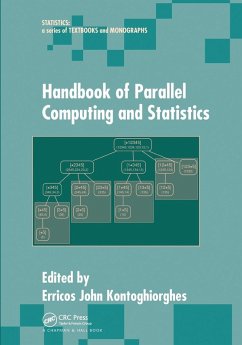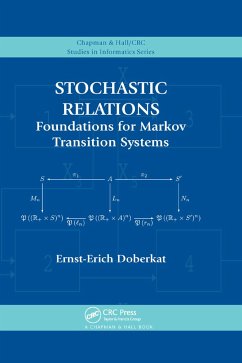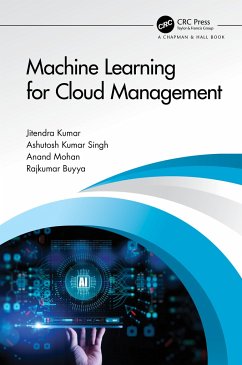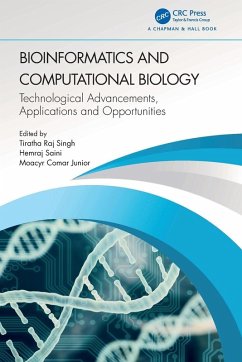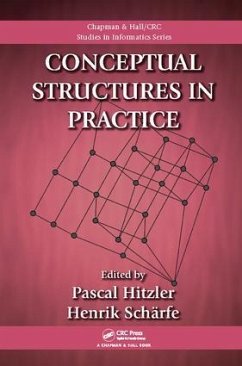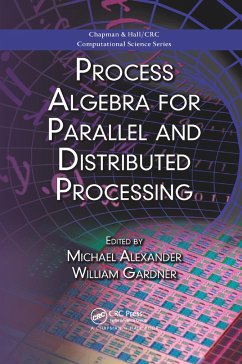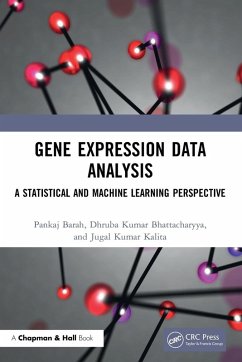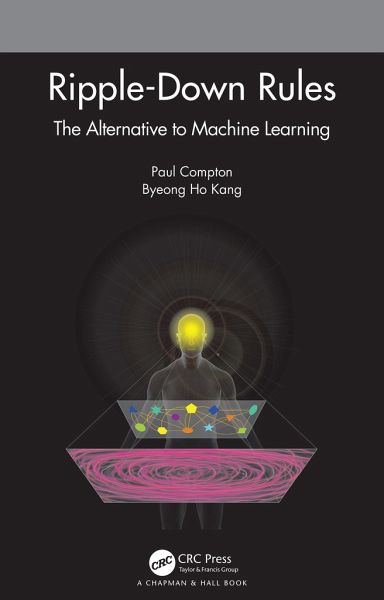
Ripple-Down Rules
The Alternative to Machine Learning
Versandkostenfrei!
Versandfertig in 1-2 Wochen
82,99 €
inkl. MwSt.
Weitere Ausgaben:

PAYBACK Punkte
41 °P sammeln!
Machine learning algorithms hold extraordinary promise, but the reality is that their success depends entirely on the suitability of the data available. This book is about Ripple-Down Rules (RDR), an alternative manual technique for rapidly building AI systems. With a human in the loop, RDR is much better able to deal with the limitations of data. Ripple-Down Rules: The Alternative to Machine Learning starts by reviewing the problems with data quality and the problems with conventional approaches to incorporating expert human knowledge into AI systems. It suggests that problems with knowledge ...
Machine learning algorithms hold extraordinary promise, but the reality is that their success depends entirely on the suitability of the data available. This book is about Ripple-Down Rules (RDR), an alternative manual technique for rapidly building AI systems. With a human in the loop, RDR is much better able to deal with the limitations of data. Ripple-Down Rules: The Alternative to Machine Learning starts by reviewing the problems with data quality and the problems with conventional approaches to incorporating expert human knowledge into AI systems. It suggests that problems with knowledge acquisition arise because of mistaken philosophical assumptions about knowledge. It argues people never really explain how they reach a conclusion, rather they justify their conclusion by differentiating between cases in a context. RDR is based on this more situated understanding of knowledge. The central features of a RDR approach are explained, and detailed worked examples are presented for different types of RDR, based on freely available software developed for this book. The examples ensure developers have a clear idea of the simple yet counter-intuitive RDR algorithms to easily build their own RDR systems. It has been proven in industrial applications that it takes only a minute or two per rule to build RDR systems with perhaps thousands of rules. The industrial uses of RDR have ranged from medical diagnosis through data cleansing to chatbots in cars. RDR can be used on its own or to improve the performance of machine learning or other methods.




